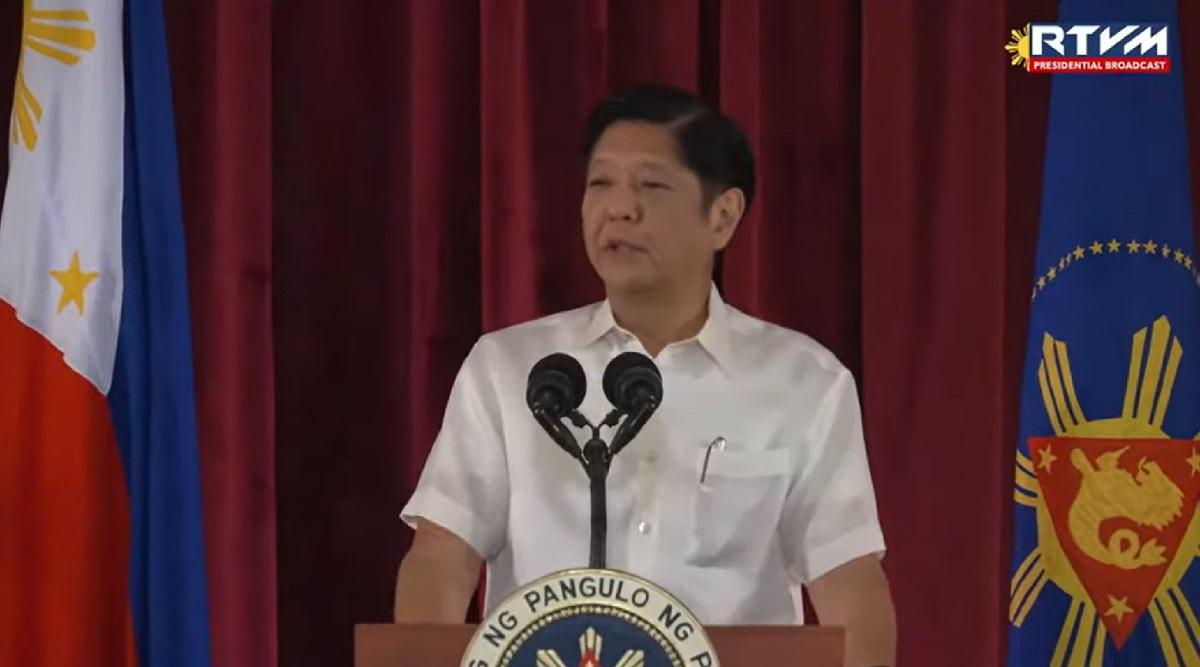President Ferdinand “Bongbong” Marcos Jr. has ordered the streamlining of the permitting process for 185 infrastructure flagship projects (IFPs) to fast-track their implementation.
Executive Order No. 59, signed by Executive Secretary Lucas Bersamin on April 30, states that there is a need to further streamline the process for issuance of required licenses, clearances, permits, certifications or authorizations to expedite the implementation of IFPs, consistent with Republic Act No. 9485 or the Anti-Red Tape Act of 2007.
“[T]he Philippine Development Plan 2023-2028 recognizes the need to expand and upgrade the country’s infrastructure to achieve meaningful economic transformation,” the order read.
With this, no other national or local permit or clearance shall now be required in the construction, installation, repair, operation, and/or maintenance of IFPs except for the following:
- Environmental Compliance Certificate/Certificate of Non-Coverage issued by the Department of Environment and Natural Resources
- Building Permit/Occupational Permit/Certificate of Occupancy issued by the City/Municipal Building Official
- Excavation Permit issued by the concerned LGU, National Commission for Culture and the Arts, Metropolitan Manila Development Authority, Department of Public Works and Highways (DPWH), and/or the Bases Conversion and Development Authority
- Other requirements as mandated by the Constitution and existing laws.
These streamlined requirements shall apply to all pending and new applications submitted by the national government agencies and local government units for projects included in the National Economic and Development Authority (NEDA) Board-approved list of IFPs.
In February, the NEDA Board hiked the total cost of its infrastructure flagship projects, as it added 23 new projects and delisted 36 others.
While NEDA did not identify the additions and removals from the list, the agency said the latest adjustment brought the total number of IFPs to 185 with a value of P9.14 trillion, which compares with 197 IFPs in the December 2023 list, totaling P8.7 trillion.
The EO 59 also provides that all NGAs and LGUs involved in the issuance of licenses, clearances, permits, certifications or authorizations for IFPs shall review their respective Citizen’s Charters in order to remove redundant and burdensome procedures and requirements.
The number of signatories in any document shall also be limited to a maximum of three signatures pertaining to the officers directly supervising the office or department responsible.
The NGAS and LGUS were also directed to adopt a system for online submission and acceptance of applications for, and issuance of licenses, clearances, permits, certifications or authorizations relative to the implementation of IFPs. They were also tasked to accept digital payments for such.
A one-stop shop for IFPs will also be established to provide frontline services to applicants who are securing licenses, clearances, permits, certifications or authorizations for IFPs, subject to existing laws, rules and regulations.
The NEDA Board Committee on Infrastructure was tapped to serve as the steering committee to provide policy direction for effective implementation of the EO 59.—RF, GMA Integrated News
